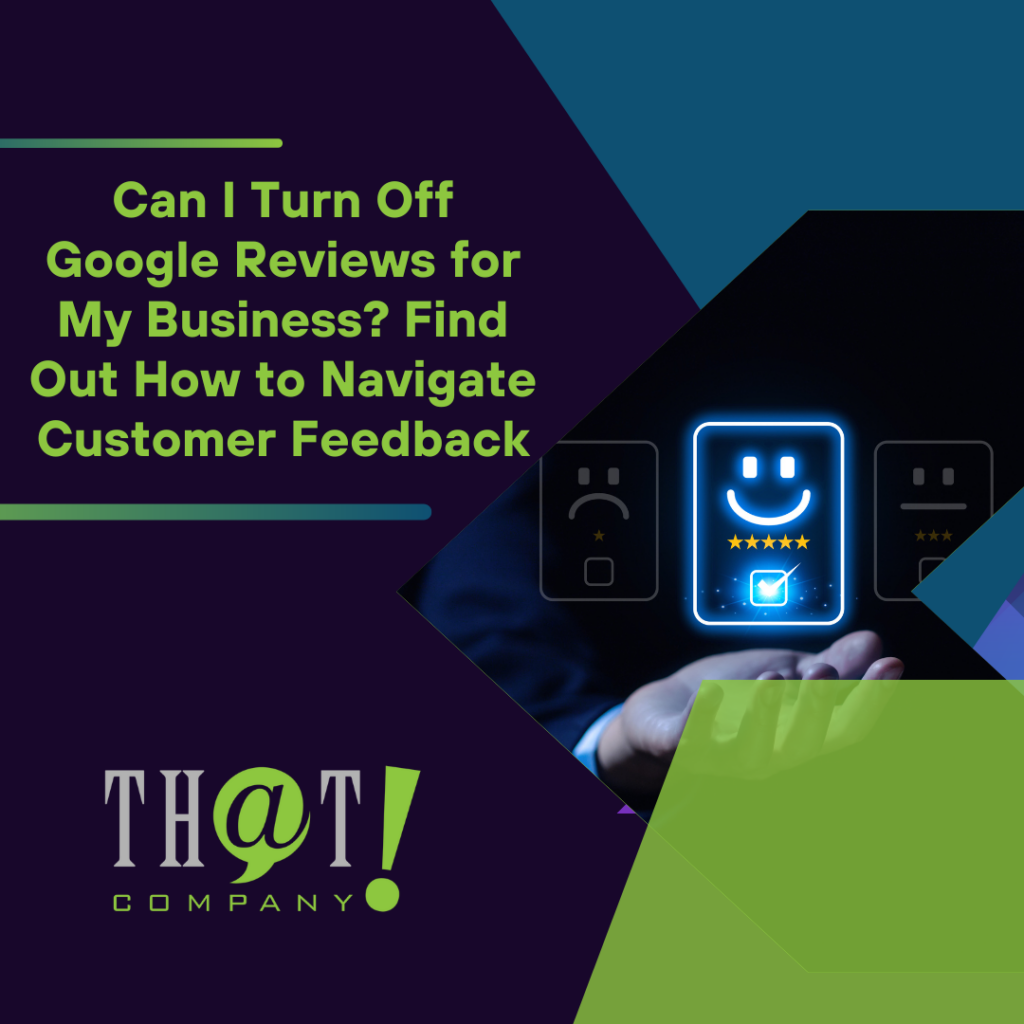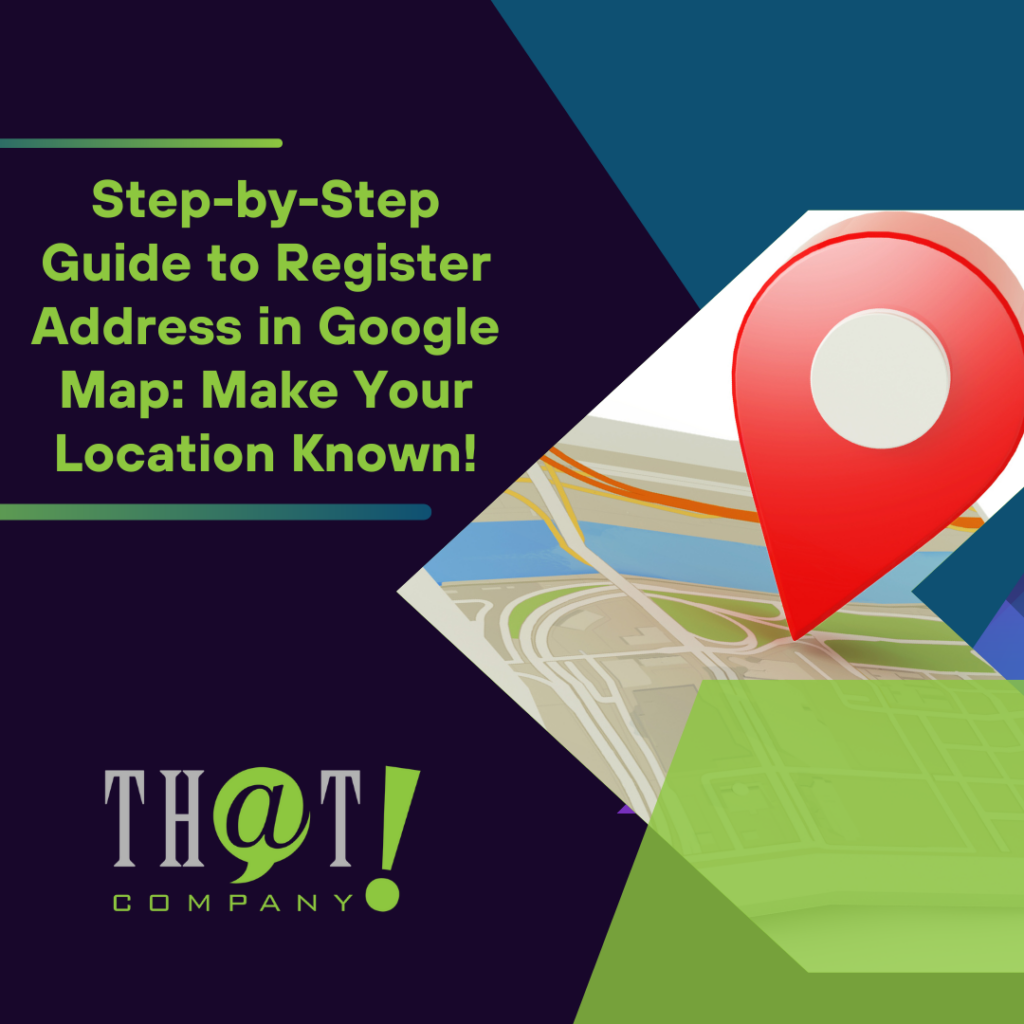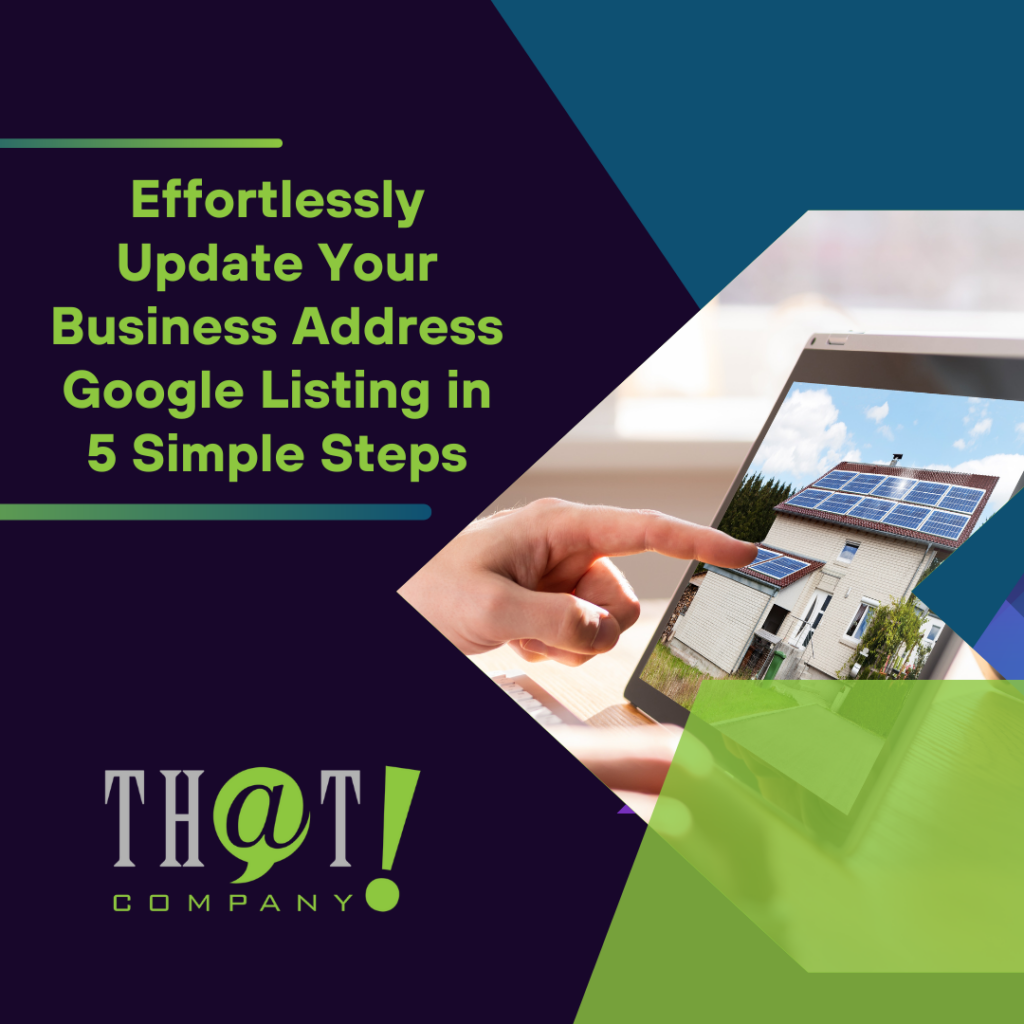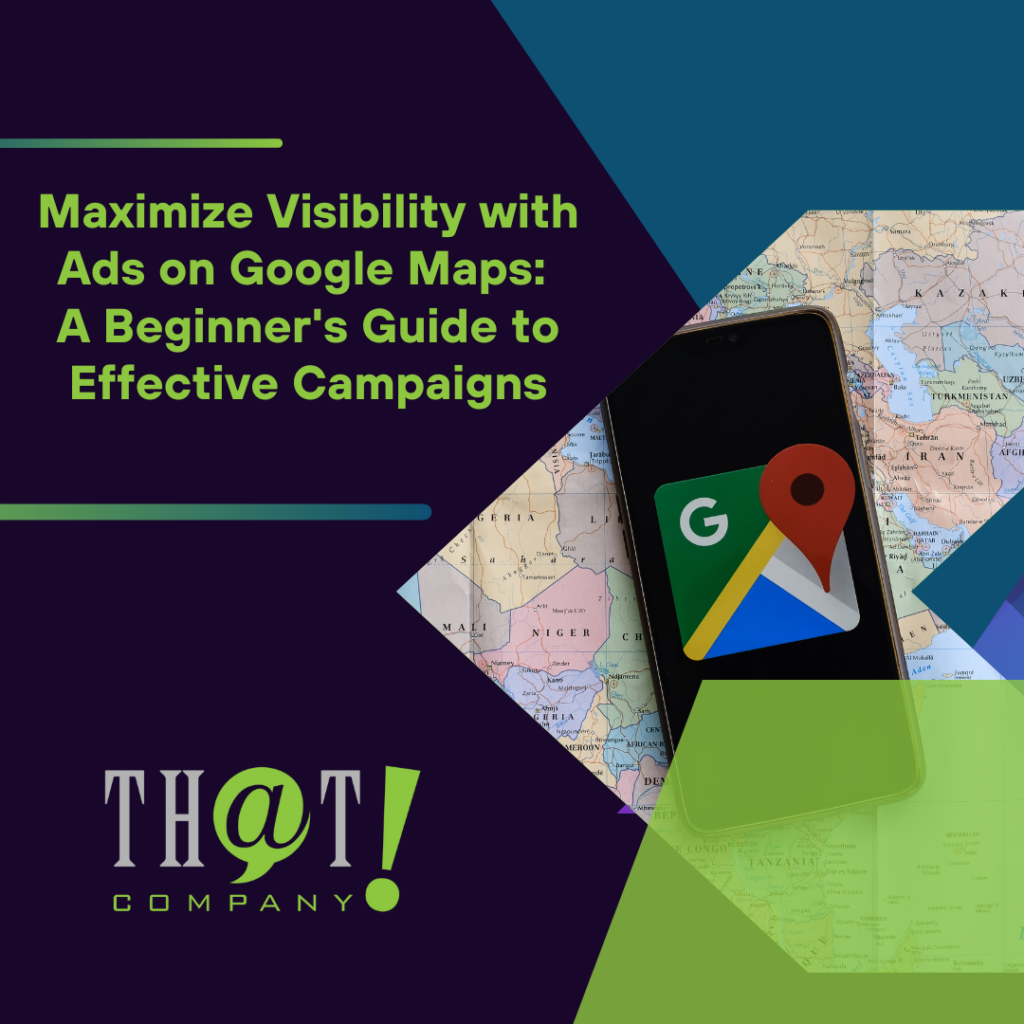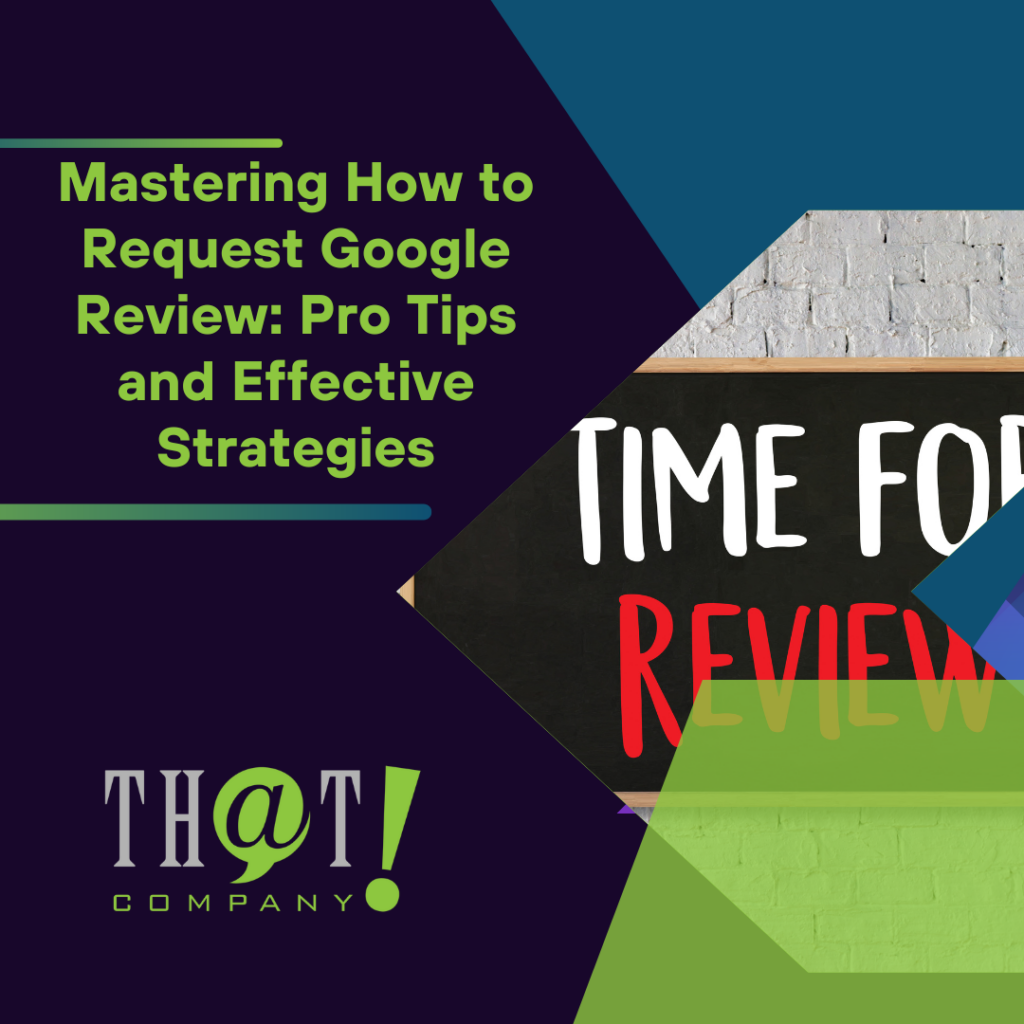There is one factor that dramatically impacts a client’s satisfaction with your services. That factor is “good expectations”.
Let’s run through a scenario –
Imagine it’s Friday night and you’re going out on a hot date (for those of you married, yes you can still get excited about a date with your spouse!) You get all dressed up, the kids are all set, you give the baby sitter some last-minute instructions, and you’re off!
Now, you head on over to your favorite restaurant Outback. When you get there, you can visibly see that there will likely be a wait. You walk up to the
That! Company is the word leader in White Label Digital Marketing. We deliver results for agencies large and small world-wide. Learn more about our White Label Services and what we can do for you. We can help you achieve the results you deserve today!
front desk, check in, they hand you your buzzer, and you go take a seat. You chat up your spouse about there day for a bit, then after about 20 mins you look around and wonder how much longer your wait is going to be.
You scan the rest of the waiting area and mentally estimate that it should take another 10 mins based on what you’re seeing, and who you remember being here before you, and who arrived after.
After waiting another 15 mins your stomach starts to growl, you probably shouldn’t have skipped lunch, but it was a busy day. You then walk up to the hostess and ask – How much longer is our wait going to be? She says another 5 minutes.
You then proceed to wait another 10 mins and then finally get your booth after waiting 45 mins. You comment to your spouse that you wish you had known that it was going to take so long, so you could’ve perhaps gone to a different restaurant.
Thoughts?
Was it better for Outback that they didn’t tell you what to expect? Perhaps they fared better this time because, you would have gone somewhere else if you had told them it was going to be 45 mins, but how do you think that approach works in the long run? Not well…
Problem #1 – Don’t let the customer set their own expectations.
In the scenario Outback didn’t set your expectations when you got there. So, what does every customer naturally do? They set their own expectation. You can almost always guarantee that a customer does not set a proper expectation. We always want something faster, cheaper, better than it’s likely to truly be. It’s a bias that as consumers we believe our needs are going to be 100% met exactly the way we want them, without us having to wait longer, pay more, or reduce the quality of our experience.
The take away is always set the customer’s expectations, even if you might lose a sale or a piece of business, it is better to build your brand as a respectable brand name that can be trusted.
Problem #2 – Always set realistic expectations
Even after not setting expectations in the scenario above the hostess proceeded to inaccurately establish an expectation of 5 more minutes vs. the real scenario of 10 more minutes. Now 5 minutes may not be a huge different, but that’s a 100% increase and in other situations a 100% increase is not easily tolerated.
Solution – Under Promise and Over Deliver
 What happens when someone promises something by Monday and then it’s delivered late? – You’re Upset
What happens when someone promises something by Monday and then it’s delivered late? – You’re Upset
What happens when someone promises something by Monday and delivers it by Monday?- It was an expectation. No net positive or net negative feeling.
What happens when someone promises something by End of Business Tuesday and delivers it by Monday or perhaps even early Tuesday? – A net positive feeling is gained (even if it’s a small net positive), it’s sooner than expected.
So where do you as a service provider have the most to gain?
You have the most to gain when you under promise and over deliver.
Which defies the logic that simply being accurate is the best thing.
While we all would love to be 100% accurate 100% of the time, we simply aren’t. Variables outside of our purview always pop up. It is our belief that it is better to under promise and over deliver, than to over promise and under deliver. Now, that can’t be overdone as clients/customers won’t put up with outrageous timelines/prices/quality differences, but you can build in a barrier to have you deliver to your clients well.
Even if you under promise and say “I can get that back to you on end of business Tuesday” knowing your goal is to deliver it Monday, and the client pushes, but I need this done by Monday! You now, have gained a net positive win is gained with the client when you concede to deliver it sooner (but be careful! It’s always good to have a little buffer, conceding to get it done early Tuesday at the soonest, and then getting it done by End of business Monday is still your best bet!)
We hope that this philosophy helps you increase the overall customer goodwill you generate for your brand. As a white label marketing provider, it’s very important to us, to represent the brand names of 100’s of other agencies across the world in an adequate manner.
We made it a part of our process to train our partners on how to set good expectations. Below are some of the expectations we have our partners set when selling our white label ppc management services. Hope you can take away some insights on how you can better set expectations!
Key Areas to Set Good Expectations:
When Selling PPC Management:
- Brand new accounts take 3 weeks to setup.
We are very diligent in our setup process. The primary expenditure for a client is the money they spend with Google/Facebook/Bing, not our management fee so we take great care in our setup process.
- Setting up an account is not free!
Many clients think that the first month’s fees aren’t due until the campaigns are running. That’s not the case. The 3 weeks of setup is paid for by the first month’s fees. We do not charge an additional setup fee on top of the management fee, but the time spent setting up their account is part of the first month’s fees.
- We require a 3-month commitment.
Many firms will have clients commit to long-term 12 month/6-month commitments. We have a short-term 3-month commitment that auto renews month to month.

- Clients get a weekly meeting for the 1st month of service.
Most clients will sign up to a plan for a monthly or biweekly phone meeting, however during the first month we have a weekly meeting to ensure a smooth on-boarding process. It also helps the client understand what all is taking place during the 3 weeks of setup when we’re talking to them weekly.
- We require a 30-day notice of cancellation.
Your and our cash flow is important to predict. We require that all clients give a 30-day notice of cancellation. That means if they have a 3-month commitment and if they want to quit on month 3, that they need to give the 30-day notice at the start of month 2.
- Landing Pages / Banner Ads are not included in the PPC Management Price. Design/Development talent is different than PPC Management talent. Most of our partner’s have elected to sell this service as an add-on that they provide internally (as it’s a high-margin service). That Company has a small design/development team that can produce Landing Pages & Banner Ads if needed. For Landing Pages, we custom quote based on the CMS the client is using. Talk with your partner liaison for a quote / timeline expectation before making any promises to a client on these deliverables.











